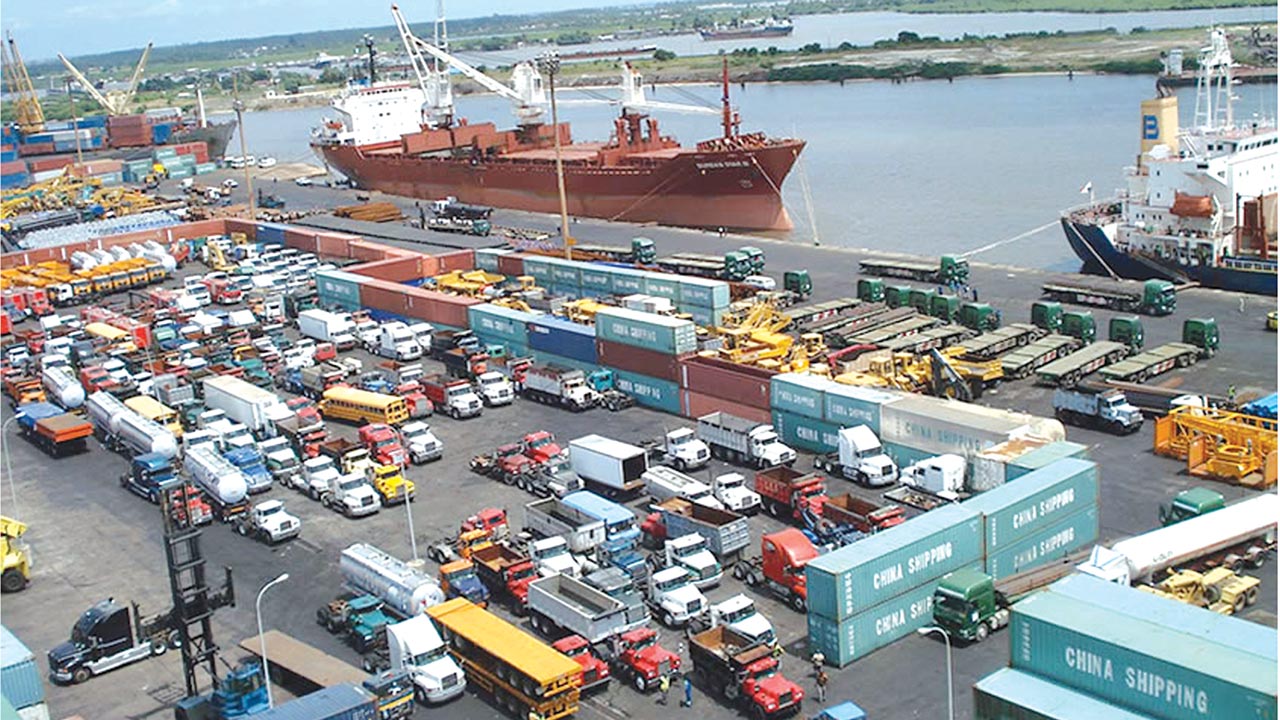The cost of importation of a 40-feet container from China to Nigeria has increased from $7000 (about N3.1 million) to $13,000 (N5.7m), which is a N2.6m difference and about 60 per cent hike as of September, importers have said.
Speaking at the weekend, they noted that it takes another N10m to clear the same container as against the N4m before.
The astronomical increase has become a thing of worry to importers of various products into the country, as they are now complaining of the negative impact on the economy particularly during the yuletide season.
Importers are also complaining of the widening gap between the official rate of the dollar as compared to how they buy in the parallel market.
- Kano approves N97m for completion of Kwankwaso road
- Senate panel alleges forgery in labour ministry’s N208m payment to trainees
They said it would ultimately force the prices of goods higher, particularly during and after the Yuletide season.
The importers lamented that the widening gap between the two market exchange rates had affected importation.
They insisted that the difference of $6000 would ultimately be transferred to the consumers who are already struggling with the harsh economic realities.
The president, Electronics Section of the Alaba International Market, Paulinus Ugochukwu, said importers are now going through difficult times owing to a scarcity of foreign exchange.
“A 40ft container that we clear between N3m and N4m, we now clear it for N9m to N10m, so how much profit are you going to make after buying dollar for N950 and the shipping company collects $13,000 for shipment from China to Nigeria, so it is a very big problem to us”.
He advised that the Central Bank of Nigeria (CBN) restores its supply of forex to the Bureau de Change (BDC) operators to ease the forex scarcity and rate.
The Public Relations Officer of the Tin-Can Island Chapter of the Association of Nigeria Licensed Customs Agents (ANLCA), One Joy Monije, said the crash of the naira has also affected goods from Europe and America.
She said, N20 million is able to bring in about 20 vehicles about six months ago, but that presently the same amount can only bring in about nine or ten vehicle.
Also speaking, the Secretary General of the National Association of Government Approved Freight Forwarders (NAGAFF), Francis Omotosho, urged government to review sone it’s policies in the Maritime sector.
He said government policy was affecting business in the sector.
“Government should make consciousness affect in strengthen the naira. If the naira is strong then importation will increase,” he said.
Commenting, the Chief Executive Officer of the Centre for Promotion of Private Enterprise (CPPE), Dr Muda Yusuf, blamed it on the inconsistency in government policies.
He also noted that the capacity of the country to fund the market has been impaired due to a spike in crude oil theft.
Yusuf added that the Central Bank of Nigeria (CBN)’s policy is also responsible as, according to him, some of the policies were fuelling speculation, corruption and round-tripping.
He also said the CBN policy on Bureau De Change (BDC) operators has affected the high rate of foreign exchange in the market.
“There are policy issues and that is the way the CBN is managing the FX market. CBN has adopted a model of rationing of foreign exchange and a model of a fix exchange rate regime; these are creating a whole lot of problems in the foreign exchange market; both on the demand side and on the supply side.”

 Join Daily Trust WhatsApp Community For Quick Access To News and Happenings Around You.
Join Daily Trust WhatsApp Community For Quick Access To News and Happenings Around You.


